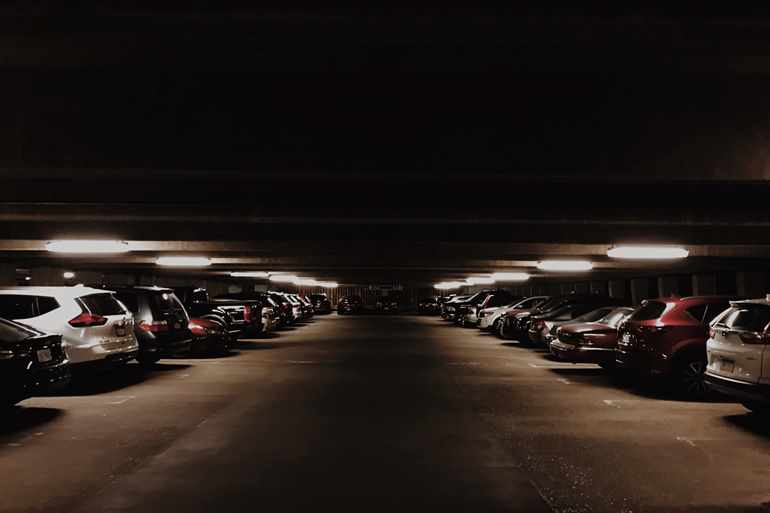
How to safely (and legally) store your car through a pandemic
During the government-enforced lockdown period that is taking place during the coronavirus pandemic, it's less likely that you'll require the use of your car for the next few weeks or possibly longer. Whether you have a car that you use for travelling to work every day or for cruising around at the weekend, your car is likely to be sitting in your driveway or on the road taking up space. In order to safely and legally store your car during this strange period, we've compiled a list of tips for you to follow to ensure that you are taking the right measures while your vehicle remains off the road.
Keep your battery charged
Even if you won't be using your car for a long time, there are a number of things that will continue to drain its battery, including any onboard computers and your car's alarm system, so it's a good idea to keep your battery topped up. How long your car battery will hold its charge for depends on its age, how often you drive your car and the climate that your vehicle is left in. If you store your car in a garage, you can purchase a trickle or smart charger which you can plug into your battery and leave it to draw current when required. If you don't have a garage available and leave your car on the street, you can simply run the engine for about 15 minutes once a week while sitting in the car. This will keep your engine in good condition and help to recharge the battery.
Occasionally release your parking brake
If you leave your parking brake on for too long, your brakes could end up seizing up, so to avoid costly repairs, it's recommended that you release your car's brake and move the vehicle a short distance. To kill two birds with one stone, you could even run the engine at the same time to charge your car's battery. Unless your car is parked on private land, you can't leave the parking brake off.
Make sure your tax is up-to-date
Even if you're not driving your car, if it is parked on a public road, it will still need to be taxed. The only exceptions to this are if your car is parked on private land or you receive a Statutory Off Road Notification (SORN) to declare that your car is off the road. If you do declare that your car is off-road, you are not permitted to drive it under any circumstances. If you need to renew your tax during the lockdown period, you can do this on the government website. When the lockdown is lifted and you are permitted to drive again, make sure your MOT, tax and insurance are up-to-date.
Make sure your vehicle is insured
Even if you are not using your car, it still needs to be insured. The Continuous Insurance Enforcement law states that you must keep your vehicle ensured at all times unless it is declared off-road by a Statutory Off Road Notification (SORN). Again, if you declare your car to be off-road, you are no longer permitted to drive it. If you need to renew your insurance policy or reduce your insurance cover during the lockdown period, it should be easy to do online, but it's a good idea to check the details of your insurance policy to confirm what is and isn't covered.
Make sure your car is in a roadworthy condition
If your vehicle is due for its MOT Test between 30th March - 30th September 2020, the government has granted car owners in the UK with an emergency 6 month MOT due to the coronavirus lockdown. However, the government has also stated that vehicles must still be kept in a roadworthy condition, so if your car requires essential repair work, you will be able to take it to a garage. When the lockdown is lifted and you require the use of your car again, make sure your first trip is to the repair shop to complete your pre-booked MOT.
For GAP insurance UK car owners depend on, get in touch with Direct Gap today by calling our friendly team of experts at 01422 756100, emailing us at enquiries@directgap.co.uk or by filling out our online contact form.


